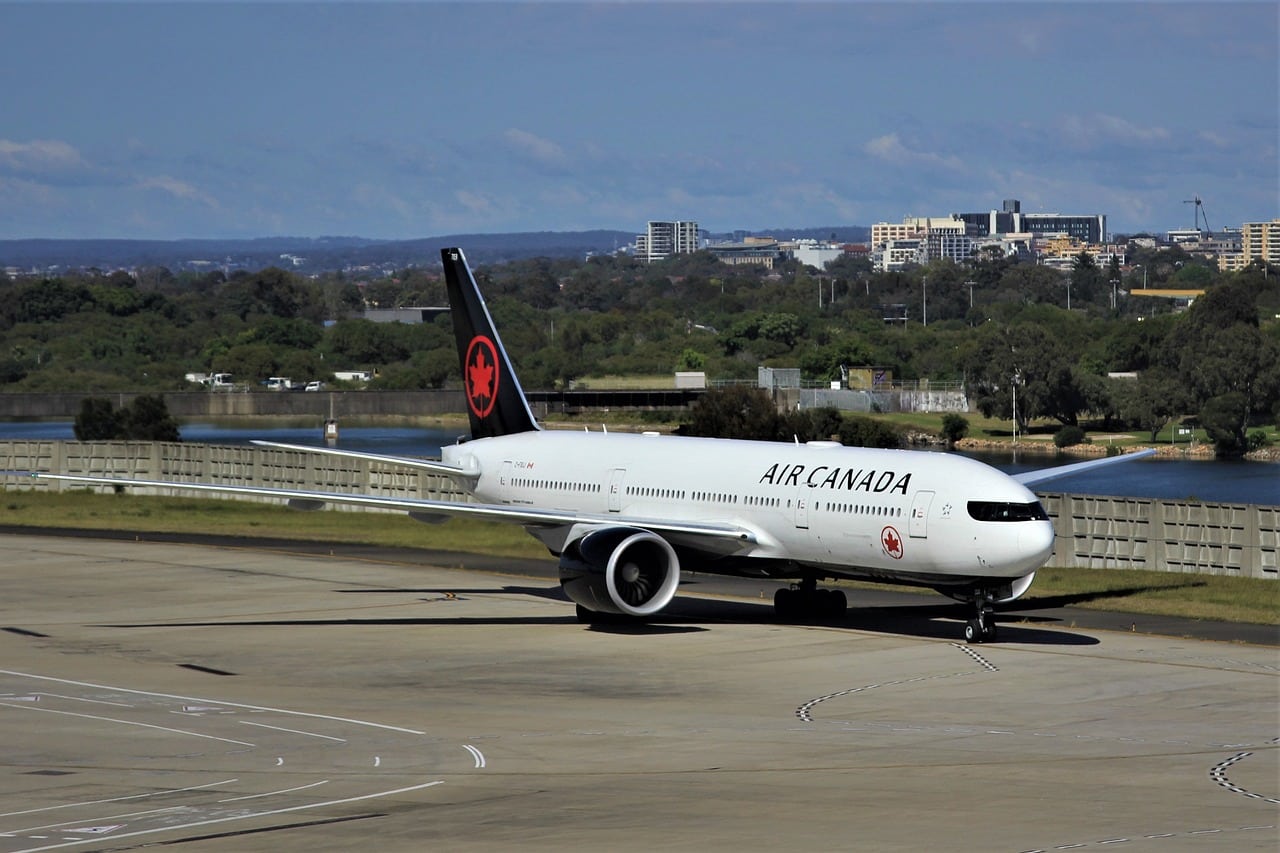Air Canada’s Boeing 777 Faces Unexpected Terrain Alert at High Altitude
In a recent turn of events that has sent ripples throughout the aviation community, an Air Canada Boeing 777 encountered an unexpected terrain warning while cruising at an altitude of 30,000 feet, prompting a swift return to Delhi.
Unforeseen Challenges at Cruising Altitude
It’s not common for commercial aircraft, especially while cruising at high altitudes, to receive terrain alerts. However, while en route, the Air Canada Boeing 777’s systems triggered a warning of potential terrain obstructions, an alert that is typically associated with flights at much lower altitudes.
The Importance of TCAS and GPWS
Aircraft are equipped with systems like the Traffic Collision Avoidance System (TCAS) and the Ground Proximity Warning System (GPWS). These sophisticated tools are designed to provide pilots with real-time data on potential airborne collisions and imminent ground contact. In this case, the GPWS system was the one to alert the crew about the potential terrain threat, even at Flight Level 300.
Air Canada’s Prompt Response
Upon receiving the warning, the experienced flight crew took immediate action, prioritizing the safety of all on board. In line with safety protocols, and even though the alert seemed anomalous given the aircraft’s altitude, the decision was made to return to Indira Gandhi International Airport in Delhi. This decision was grounded in the principle of erring on the side of caution.
Investigating the Anomaly
After the safe landing in Delhi, a thorough inspection and system diagnostic were initiated. Early indications suggest the alert might have been a system anomaly, but investigations continue. Air Canada, in collaboration with Boeing and aviation authorities, is keen on understanding the root cause to prevent any future occurrences.
Conclusion
The incident involving Air Canada’s Boeing 777 is a testament to the unpredictability of air travel and the significance of in-flight systems and pilot training. While the modern aviation industry boasts an impressive safety record, events like this underline the necessity of continuous vigilance, regular system checks, and the irreplaceable value of a trained flight crew. Their swift response ensured the well-being of everyone on board and further highlighted the importance of always prioritizing safety.
















 vince salvador
vince salvador September 22nd, 2023
September 22nd, 2023 0 Comments
0 Comments



Leave a reply